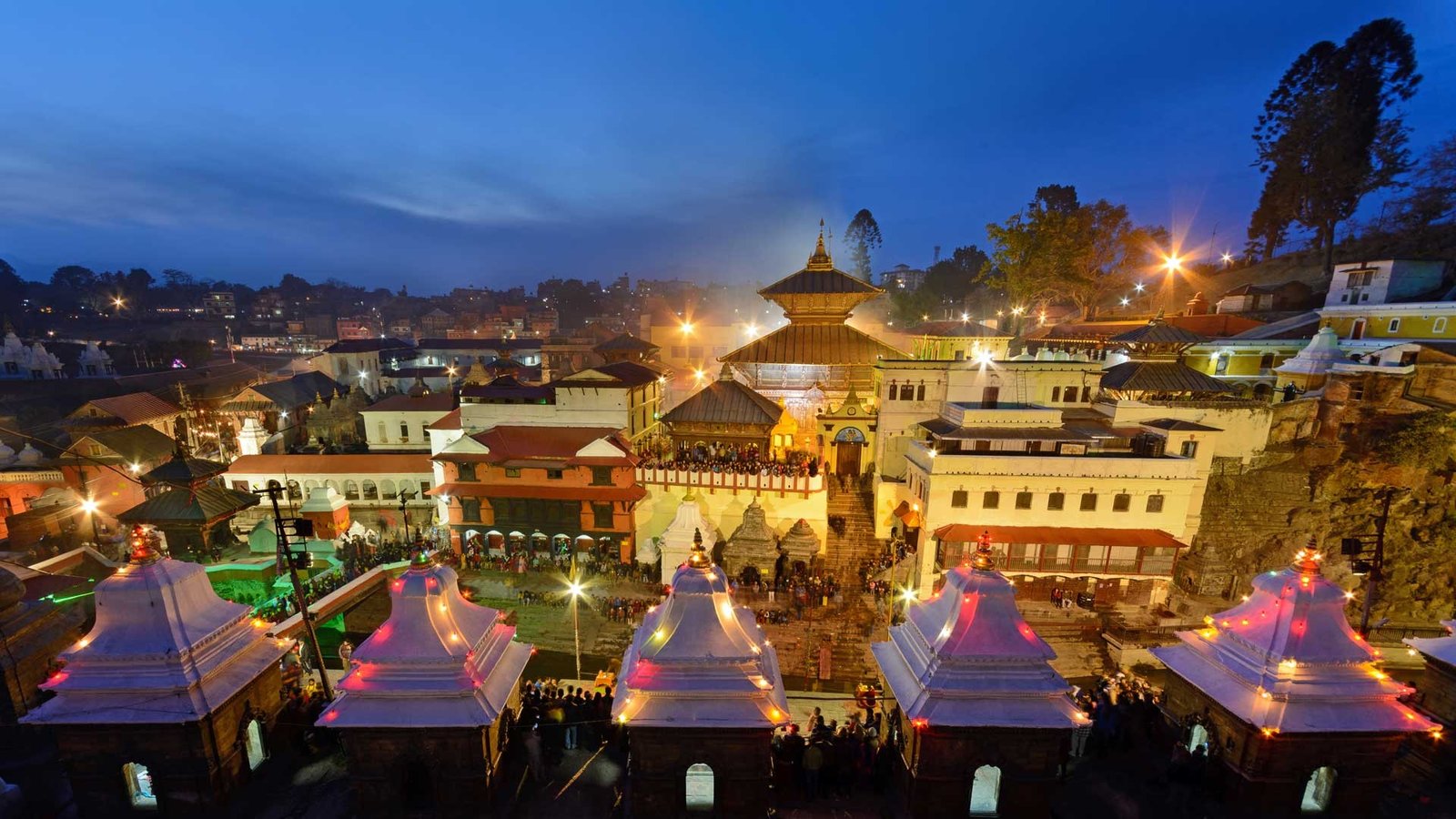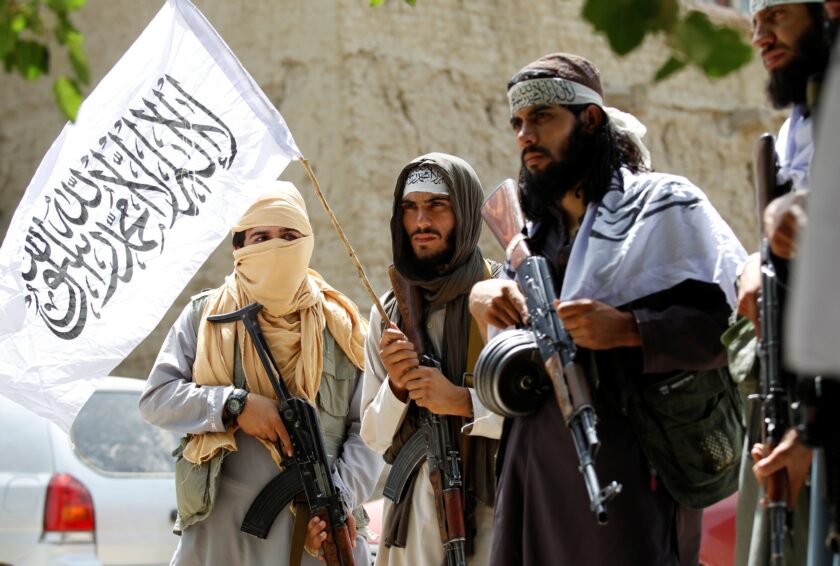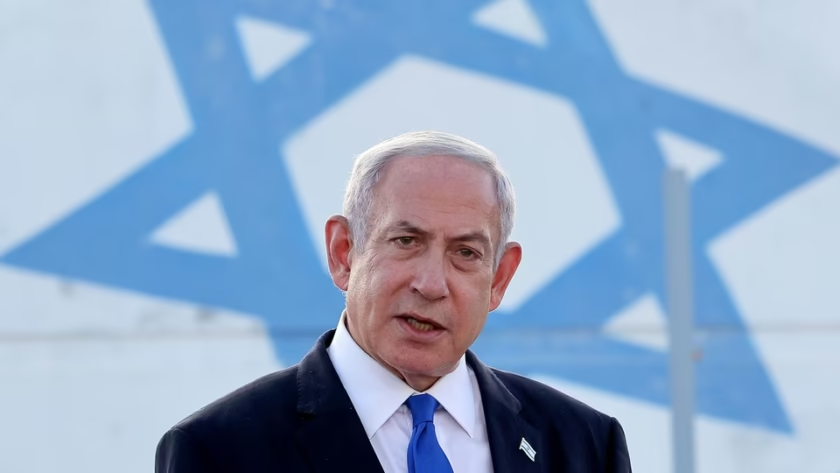Maha Shivratri, one of the most revered festivals in Hindu culture, honors Lord Shiva and holds immense spiritual significance. Celebrated on the 13th or 14th night of the lunar month before spring, it marks the divine union of Lord Shiva and Goddess Parvati. The night symbolizes the elimination of ignorance, negativity, and destructive tendencies while promoting virtues like honesty, forgiveness, and self-discipline.
Maha Shivratri in Nepal: A Spiritual Extravaganza
In Nepal, Maha Shivratri is celebrated with grandeur, particularly in Kathmandu. Devotees gather at the revered Pashupatinath Temple for prayers, offerings, and the lighting of oil lamps, which illuminate the night in a radiant glow. Classical music and dance performances enhance the spiritual atmosphere, and the vibrant celebrations continue throughout the night, allowing participants to remain immersed in the sacred energy of the occasion. The temple’s majestic ambiance, combined with profound rituals, makes it an unforgettable experience for all who partake.
Maha Shivratri in India: Spiritual Sanctuaries
For those seeking a deeper connection to Maha Shivratri, the cities of Varanasi and Haridwar offer unique spiritual experiences. Varanasi, home to the iconic Kashi Vishwanath Temple, draws devotees from all over the world to partake in the sacred rituals. Similarly, in Haridwar, the Neelkanth Mahadev Temple, located by the serene banks of the Ganges, attracts worshippers who perform sacred baths and offer prayers to Lord Shiva. The natural beauty and spiritual atmosphere of these locations amplify the significance of the festival, creating a truly divine experience.
Maha Shivratri: A Traveler’s Guide to Respectful Participation
Travelers wishing to witness the full glory of Maha Shivratri should consider visiting a Shiva temple during this auspicious time. Respecting local customs is crucial: dressing modestly and avoiding black clothing, which is considered inauspicious for Lord Shiva, are important gestures. Observing the rituals and engaging with devotees will offer a deeper understanding of this sacred tradition. It’s also vital to respect the space of fasting devotees, maintaining a quiet reverence as they embark on their spiritual journey.
A Night of Reflection: The Significance and Rituals

Maha Shivratri is deeply rooted in self-reflection and spiritual purification. Observed during the dark night, it serves as an opportunity for individuals to cleanse their mind, body, and soul through fasting, prayers, and meditation. Devotees engage in penance and purity, with the nightlong vigils symbolizing a battle to overcome ignorance and ego. Chanting mantras and singing devotional hymns accompany the rituals, while Shiva temples are illuminated with lamps and adorned with flowers, creating a sacred and tranquil atmosphere. Bathing the Shiva linga with milk, honey, and water symbolizes purification and devotion, followed by adorning the idol with flowers and garlands.
A Celebration for All: Women’s Role in the Festival
Maha Shivratri holds particular significance for women, who observe fasting and prayers regardless of their marital status. It is believed that the observance brings prosperity, marital bliss, and good health. Women play an active role in the prayers and rituals, adding to the festival’s sense of community and shared faith. Throughout the night, devotees remain awake in devotion, immersing themselves in the stories and legends of Lord Shiva. The vigil culminates with a communal feast the following morning, where participants break their fast and celebrate the triumph of good over evil.
The Legends of Maha Shivratri: Tales of Cosmic Significance
Maha Shivratri is steeped in rich mythological tales that add depth to the festival. One legend tells of Goddess Parvati asking Lord Shiva about his favorite day, leading to the consecration of Maha Shivratri as a day for devotion. Another story recounts Shiva’s cosmic dance, the Tandava, symbolizing the cyclical processes of creation, preservation, and destruction—the essential forces of life and the universe. These timeless stories remind devotees of Lord Shiva’s divine power and his role in the cosmic order, enhancing the spiritual reflection of the festival.
Conclusion: A Night of Devotion and Spiritual Unity
Maha Shivratri stands as one of the most powerful festivals in Hindu culture, drawing millions of devotees together in devotion to Lord Shiva. Whether celebrated through rituals, fasting, meditation, or storytelling, the festival fosters reflection on the inner journey and encourages purification of the soul. Across India and Nepal, Maha Shivratri continues to unite people through faith, spirituality, and devotion. This sacred night not only honors Lord Shiva but also serves as an opportunity for devotees to reaffirm their commitment to their spiritual path, promoting timeless values of self-discipline, reflection, and unity.









